Fermenting Your Mind With Uncertainty: Exploring the Unknown of Your Mind
Human nature is defined by the act of exploration. From the first powerful societies, we set foot in the sea to explore (and conquer). We can take this further and say that human nature is fundamentally against the unknown. Humans are thus not attracted to the act of exploration like I claimed first, but rather to the fear of the unknown. The unknown creates anxiety, we as humans cannot stand the unknown and anxiety. We explored the seas to get rid of the unknown, and thus to get rid of the anxiety. We conquered the earth because we could not stand the anxiety of not knowing what lies above us. We also conquered science, because we could not stand the idea of not knowing what goes on. We can take this even further: it's not the act of exploration, or the getting rid of the unknown and anxiety, but rather to create order and structure out of chaos that drives human nature. Human nature is defined by our obsession with ordering everything we touch. Why? That is the question, and the topic of this post: why do we love ordering everything around us?
While Chaos Rules There Is Nothing
Let me make a bold statement: "when there is chaos, there exists nothing". This does not mean that when chaos there is chaos nothing exists. What I mean by this is simply that without structuring chaos, we have nothing to process in our minds. (The paradox here is that saying something is chaotic in a sense means you structured it already; this is the problem with self-referential statements.) Our minds recognize certain things that are familiar, we can translate this into meaningful words and share our ideas with others. Take away this ability to recognize things, and we are left with nothing. The world would be a terrifying place. There will simply be an overwhelming sensory explosion. Take for example the photograph above. We all recognize it is a bread with some oats stuck to it. Take someone who does not know the concept of bread, oats, kitchen, food, wood, food, etc., and show him/her the bread. The person would not know what is going on.
Kenan Malik, in his book "Man, Beast and Zombie", says something similar. When I point at the bread and tell someone next to me that is a bread, he will understand immediately what I meant. But take someone who does not know any concepts or anything but English, and he will not know what you are pointing at. I can either point at the bread, or the table, or the oats, or the floor, or the concept of food, or the act of pointing etc. The thing is we can "divide" the world up into a million different ways. Our ordering of the world does not exist like for example bread exists in the actual world. Our ordering of the world is something unseen, but also not rigid. It can change. Language changes all the time, concepts as well.
With Structure There Is Life
If you accept my reasoning, that there simply does not exist a world without our ordering it, I can make another claim: "we order the world into recognizable things to get away from anxiety". What do I mean here? If we lived a thousand years ago, we would not know what lived a thousand kilometres away from us. The edge of the world could have been there. Today we know this is not true. The "edge of the universe" in a sense does not even exist. We order life and the world to get certainty to live without anxiety. If we know what will happen tomorrow we will live in an eternal state of bliss and comfort. With certainty comes security.
Our whole economy is built upon the idea of certainty, that is why we live in relative peace and in an era where most things are available on store shelves. With uncertainty in international markets, there will be food grabs, mass hysteria and wars breaking out. We thus benefit from certainty, even though some things are still not good, like exploitation etc. With the advances of science and medicine, we can prevent mass outbreaks of viruses and prevent wars from taking away our certainty. But this all comes with a price: we forgot how to live with uncertainty.
Fermenting Your Mind With Uncertainty
What does this have to do with fermentation you may think. In a lot of my previous posts I talked about fermenting your mind. This is an important thing to do. Read for example my previous post, where I claimed that "if you ferment your mind you will be able to adapt to the new situation, you will be able to use philosophy to adapt." But how do you ferment your mind with uncertainty? This is not all that clear yet. We live in a society where everything is "known" in a sense. People will also stay clear of anything uncertain. There is one way of living that embraces this uncertainty: Pyrrhonism.
So what is Pyrrhonian Scepticism? It was a way of living where via the epoché the mind is brought to a state of ataraxia. This is a capability, thus something you can learn to do. But what is the epoché and ataraxia? Stated simply, the epoché is just a state or a lifestyle where you "suspend judgments about non-evident matters in order to induce a state of ataraxia (a state of freedom from worry and anxiety)". Like I said, this is simplified to the point where it can be wrong, but that is how I remember it. How can this be achieved with philosophy and the fermenting of your mind? By living in a state where you suspend judgment about non-evident things, like what will happen tomorrow, or about politics etc., you will not be hampered down or dragged behind with what is going on. In a way, you will start to achieve ataraxia. The danger of this lifestyle is that you can "cacoon" yourself in, away from the life out there. But this in a way is non-evident, so we need to suspend our judgement. But life is also a constant battle we need to fight, we need to constantly ferment our minds to adapt to new situations, and this includes anxiety and uncertainty. To live in a state of freedom, away from worry and anxiety, we need to know how to cope with uncertainty.

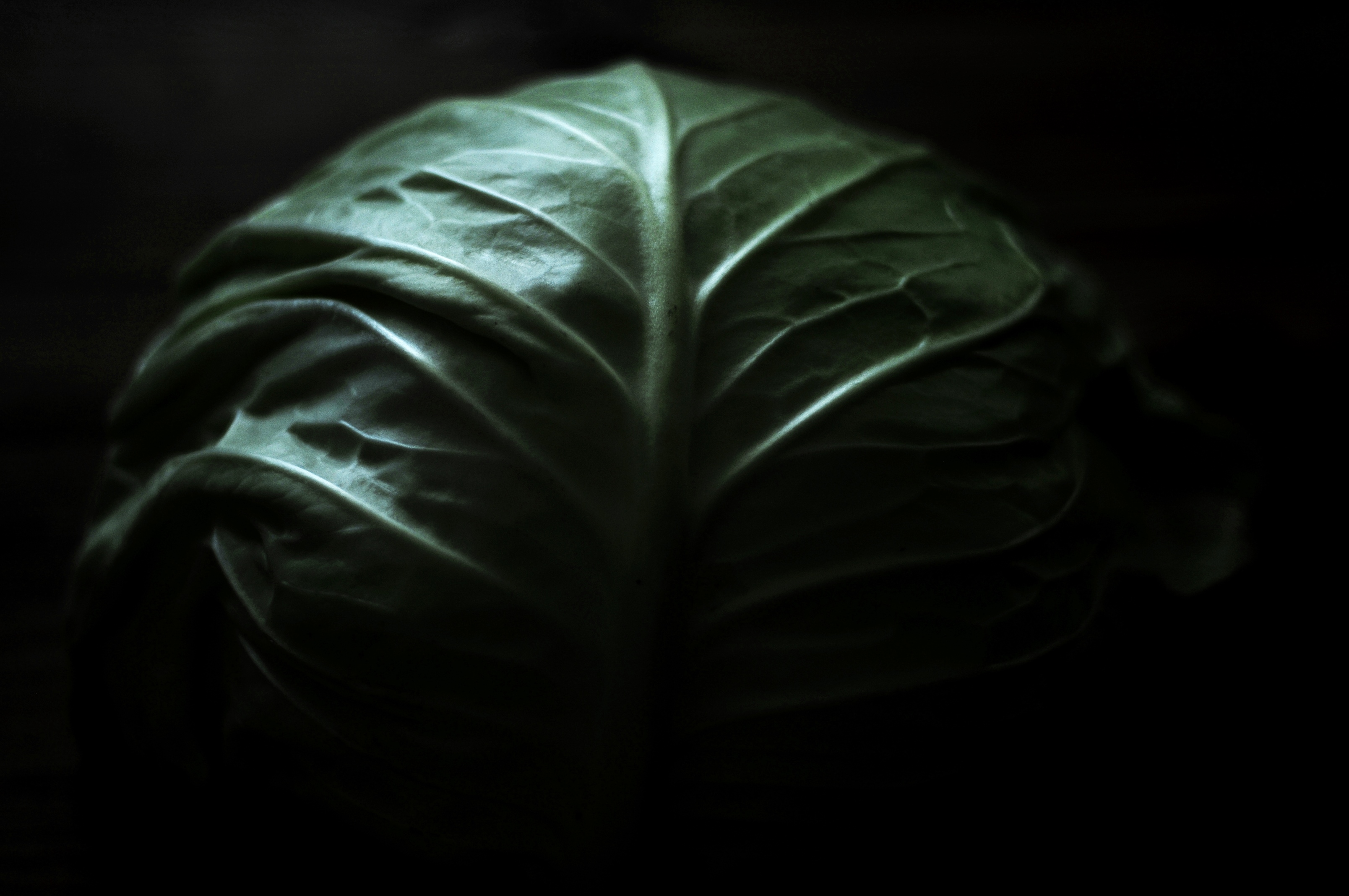
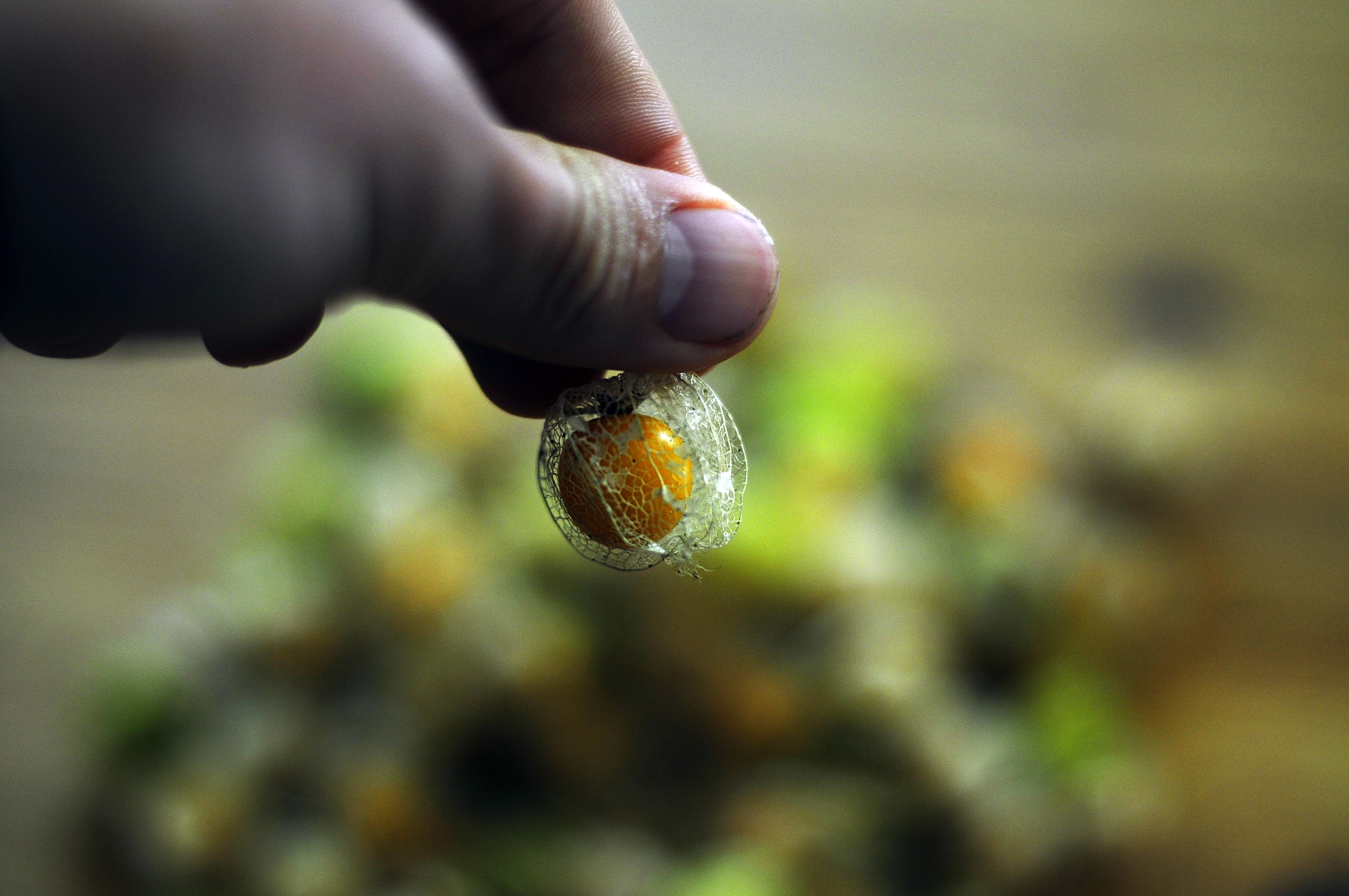

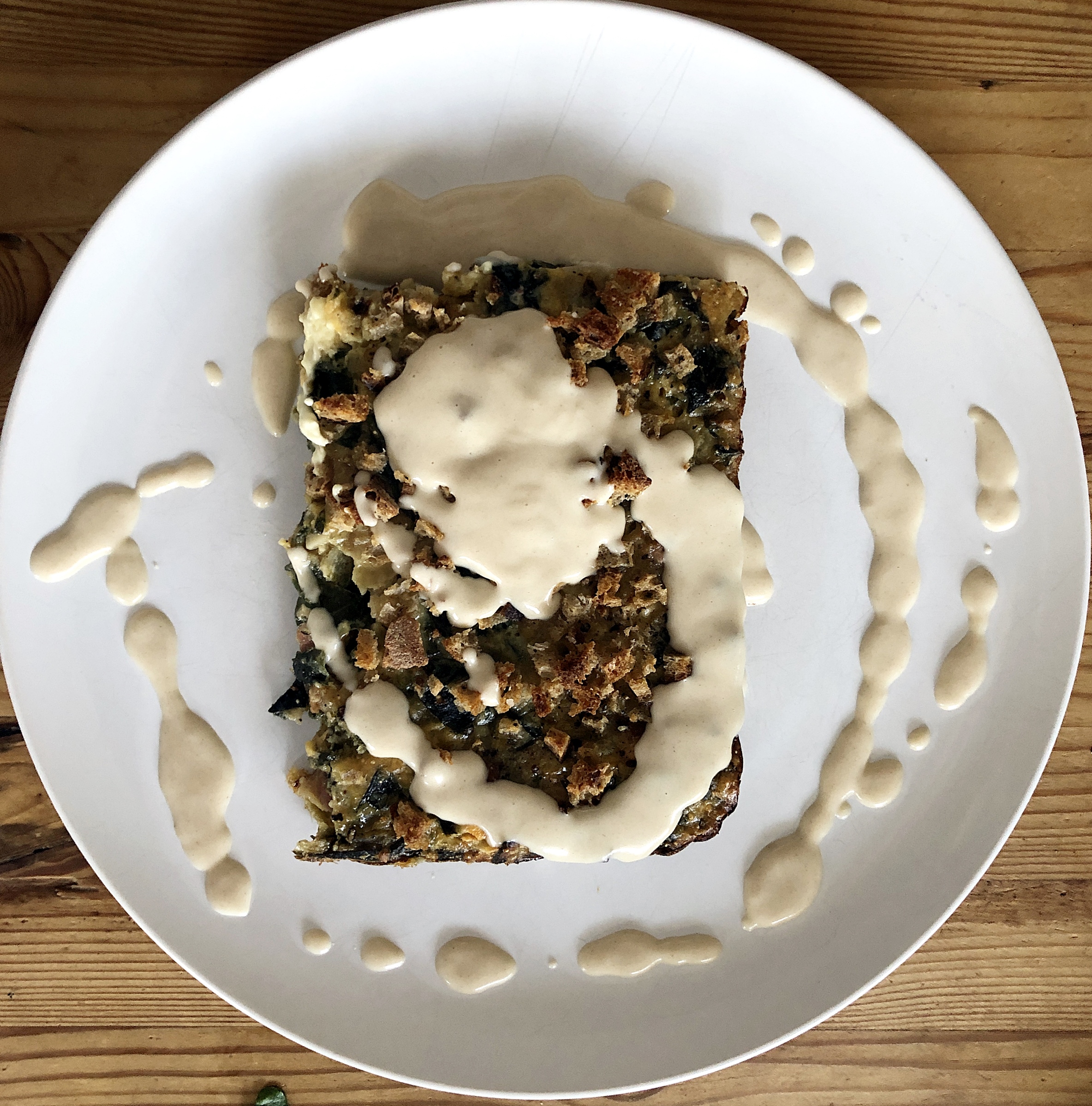
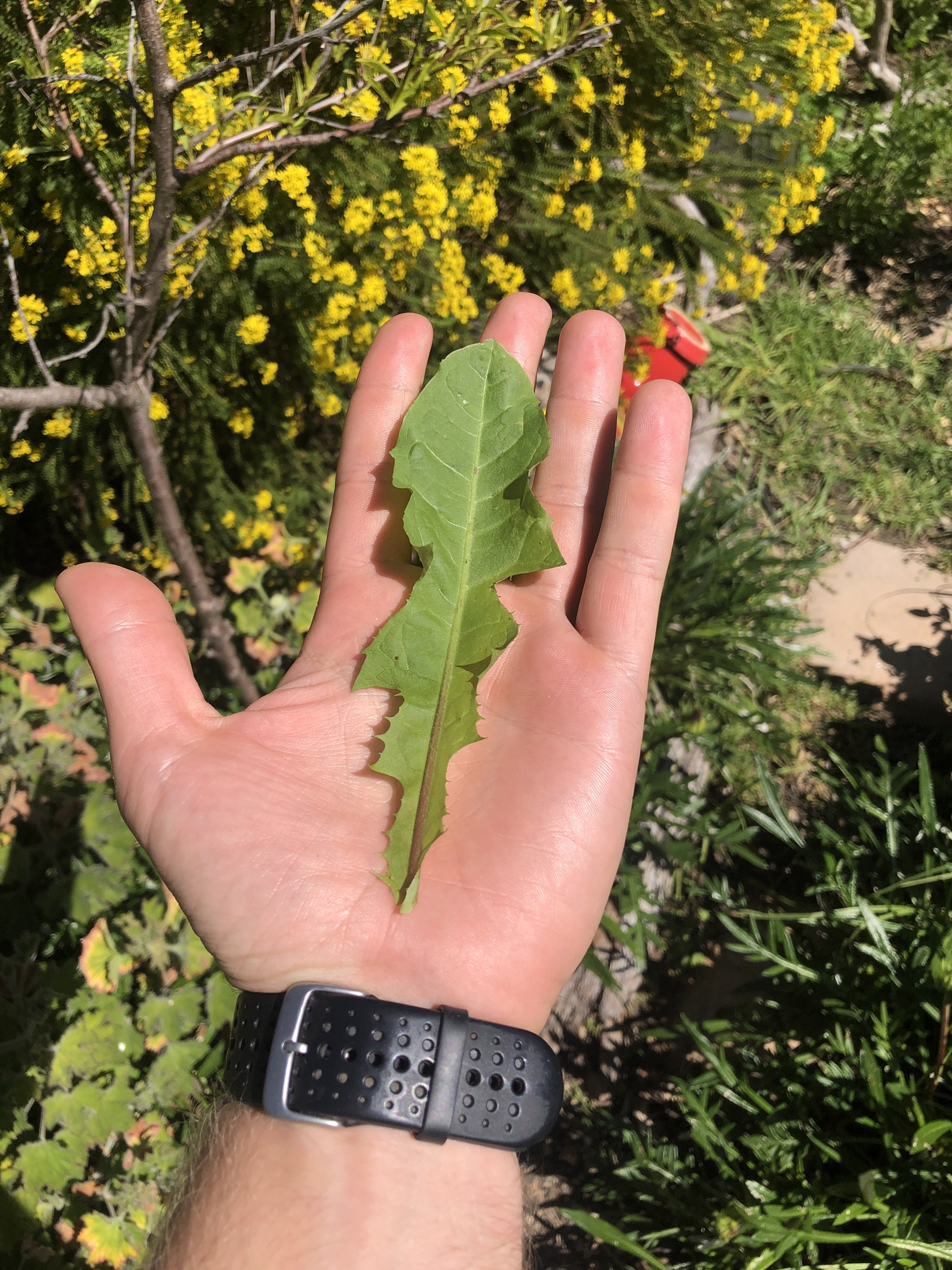
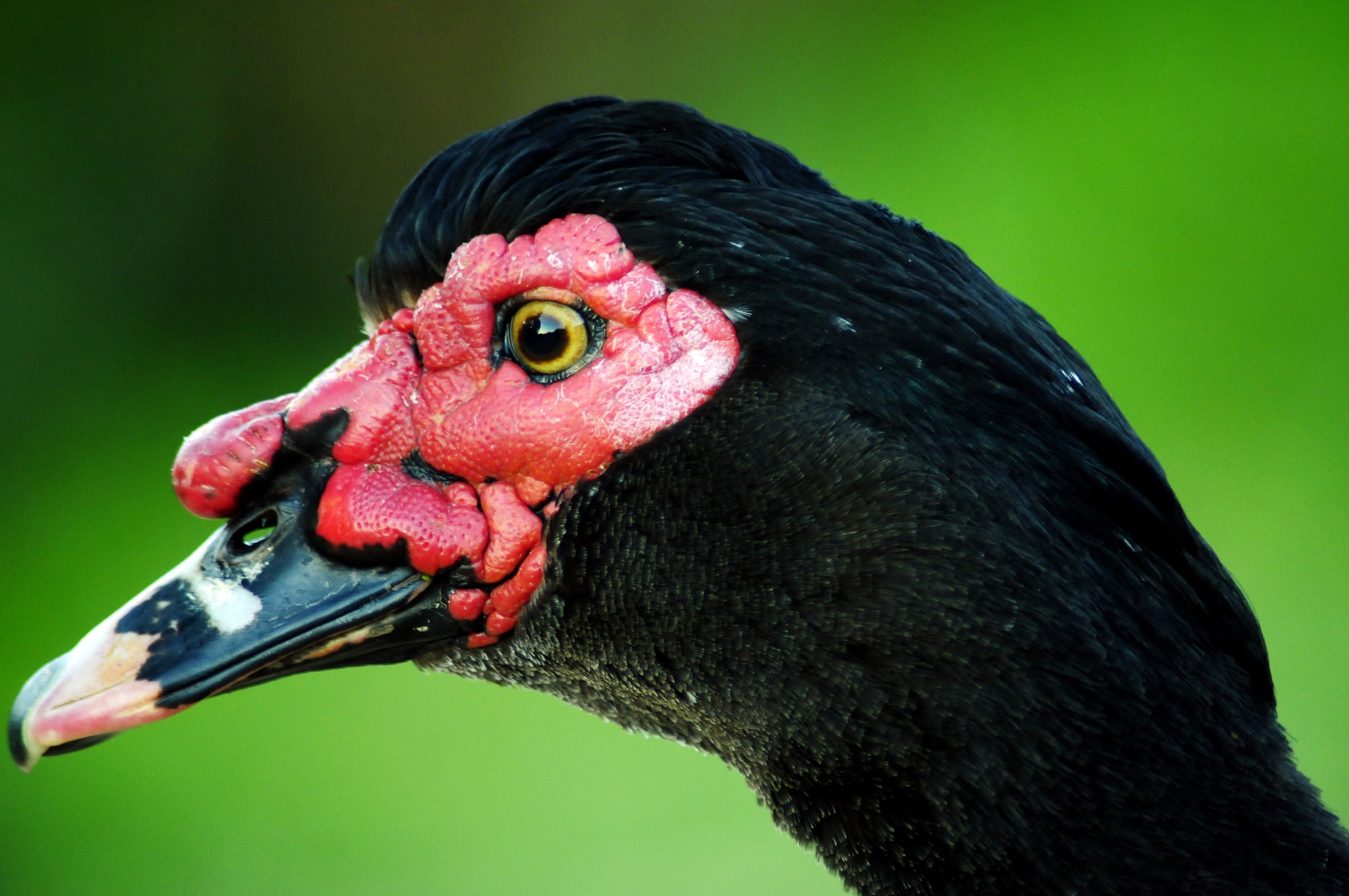

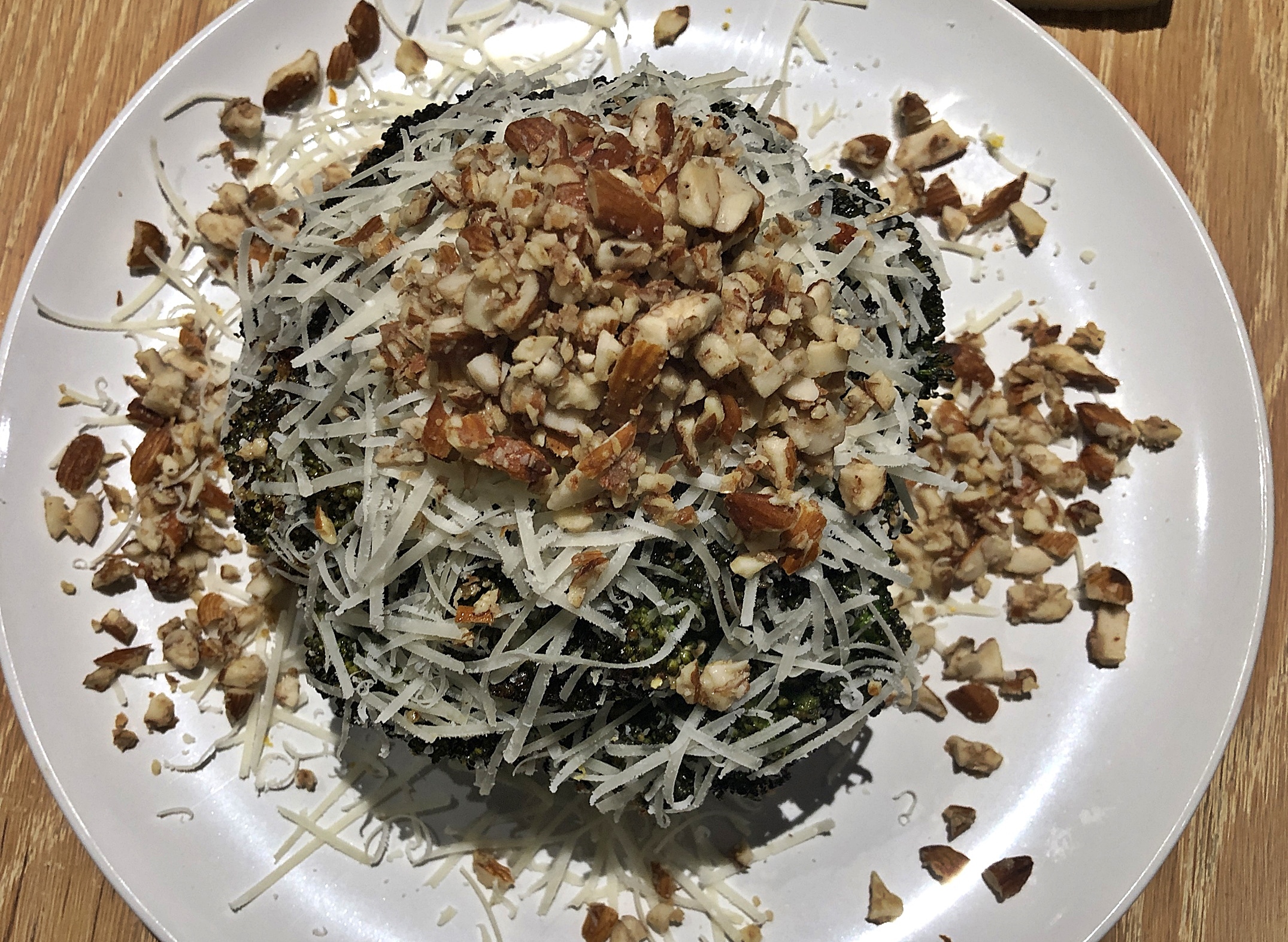
Comments